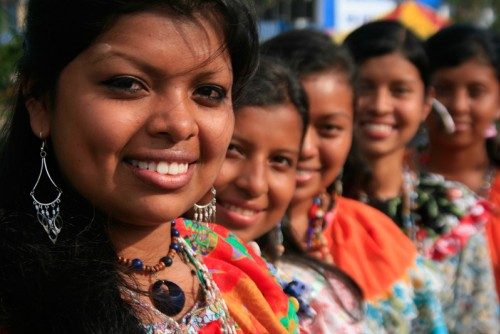
Indigenous experts will formulate a National Economic Recovery Plan for the Indigenous Territories of Costa Rica affected by the COVID-19 Pandemic, with the support of the National Government and the United Nations System.
The project is a response to the impact of the health crisis generated in the economic dynamics of indigenous territories such as tourism, the sale of handicrafts and agricultural production, the government reported in a statement on Monday.
“As a Government, we have made every effort to meet immediate needs during the emergency and with this route, we want to move forward to generate medium and long-term responses that allow indigenous communities to adapt productive activities to the new normality,” said the Vice Minister of Affairs, Politicians and Citizen Dialogue, Randall Otárola.
With this objective, the will hire four indigenous experts, who will be in charge of identifying the impacts of COVID-19, the urgent community proposals, both medium and long term, and the collection and systematization of information from the indigenous territories. This work will be the basis for the formulation of economic recovery initiatives after the Pandemic by the indigenous peoples of Costa Rica.
The United Nations resident coordinator in Costa Rica, Alice Shackelford, indicated that the participation and leadership of indigenous peoples are essential to ensure that the process of socio-economic recovery of their territories from the Pandemic is carried out with full respect for their rights and in accordance with the Sustainable Development Goals.
According to the authorities, the plan will be built with the contributions of organizations from indigenous territories, traditional associations and women’s groups, especially through methodological instruments in accordance with current circumstances. It will be focused on strengthening the traditional Indigenous production system, its own mechanisms for distribution, exchange and sale of food products, among others, as well as its own tourist activity.
The project joins the actions of the plan toSr
tackle the health crisis in indigenous territories of Costa Rica, which has allowed more than 8,000 food packages to be brought to the 24 territories.
According to official data, in Costa Rica, a country of 5 million inhabitants, there are about 104,000 indigenous people, distributed in eight large towns: Bribís, Cabécares, Malekus, Chorotegas, Huetares, Teribes, Bruncas and Ngäbe, in which high poverty levels are present.

